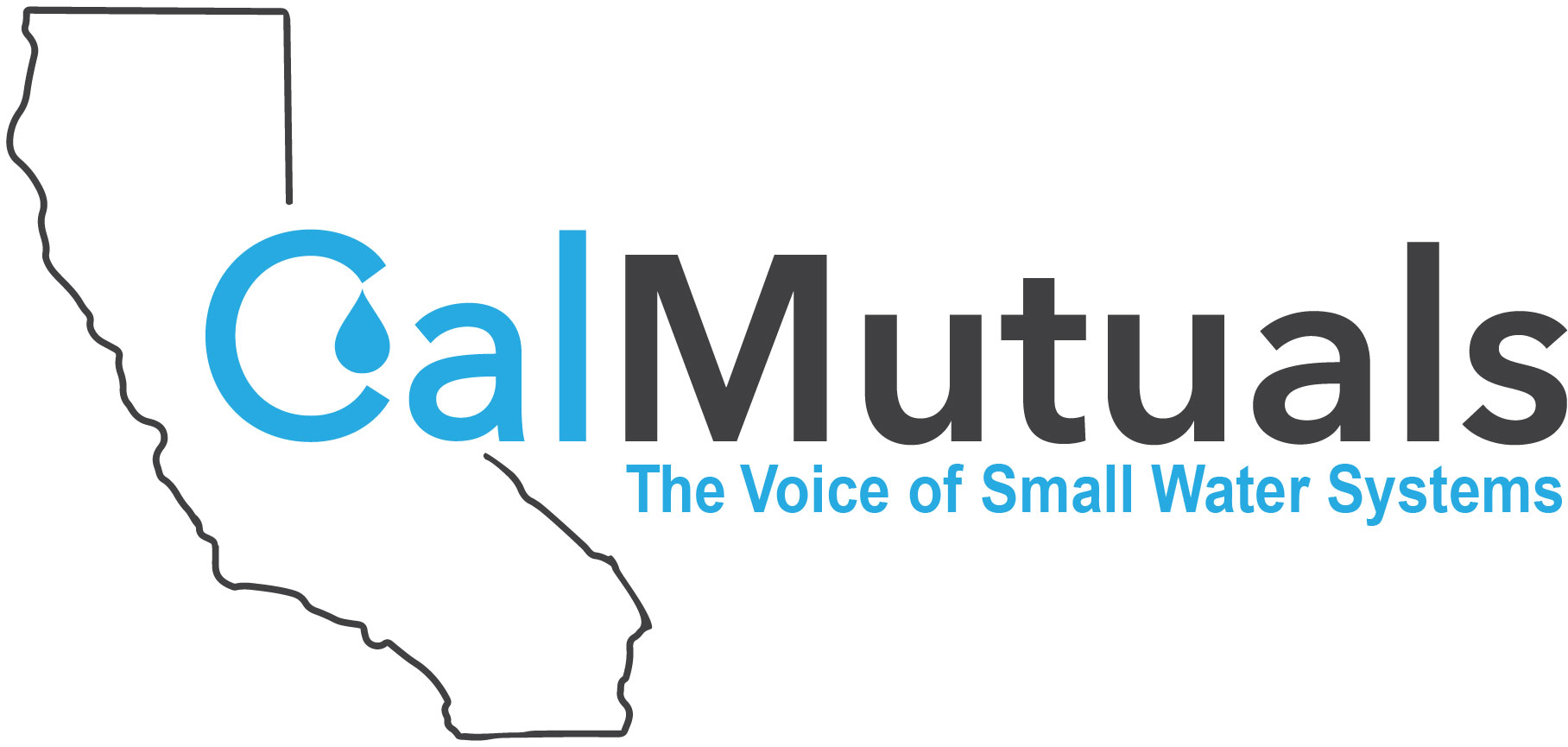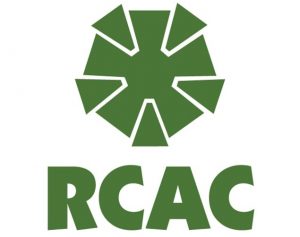RCAC: Regulation Essentials: The California Safe Drinking Water Act
Webinar OnlyDescription: The primary mission of every public water system is to provide water that is safe to drink. There are upwards of 100 chemicals and microbials regulated under the California and federal versions of the Safe Drinking Water Act. In addition, the regulations mandate operational activities and infrastructure standards that help ensure the delivery of safe drinking water. These regulations have changed and evolved over the last 45 years. The California drinking water regulations define "safe drinking water" and mandate operations that maintain water quality. Every operator, manager and board member is required to have a reconnaissance-level knowledge of California's drinking water regulations and an understanding of how these regulations apply to the day-to-day operation of a public water system. This training will be presented in two 2-hour sessions. In general, these sessions are non-sequential, meaning that the second session is not predicated on material in the first session. Participants will learn: Overview/history/purpose/structure of the Safe Drinking Water Act California Drinking Water Regulations: Need-to-know/Nice-to-know/Where-to-go modules Recommended audience: All water system operators and managers. Accreditation: 4 California Drinking Water Contact Hours awarded


